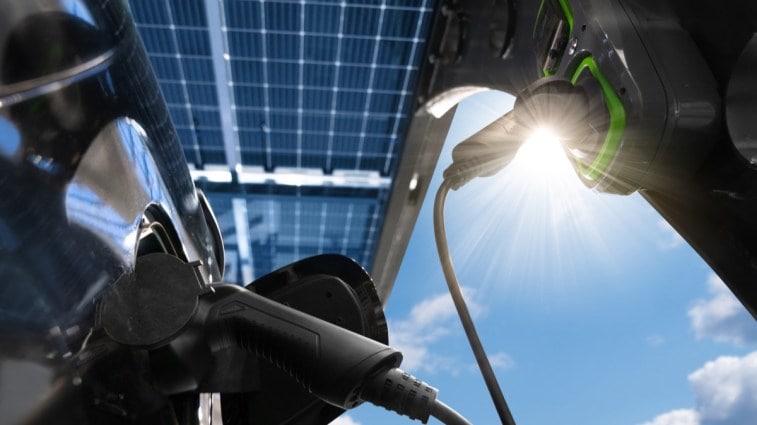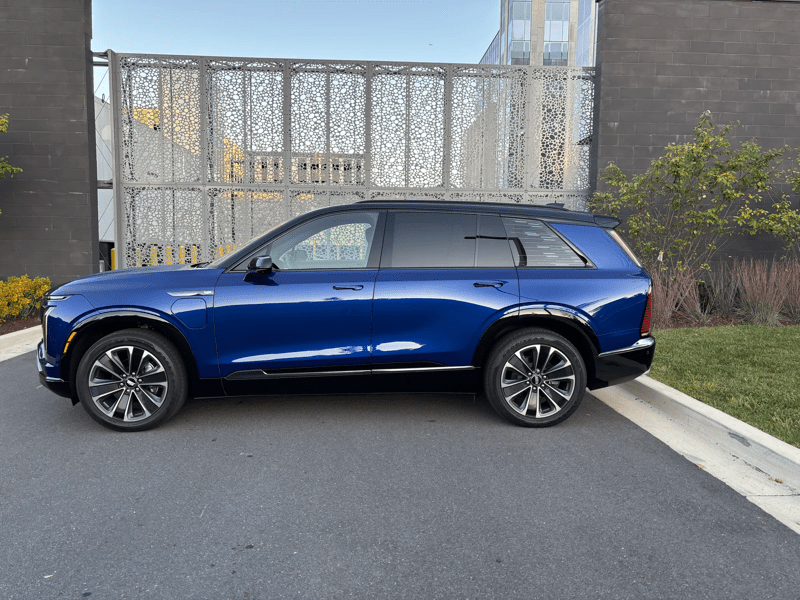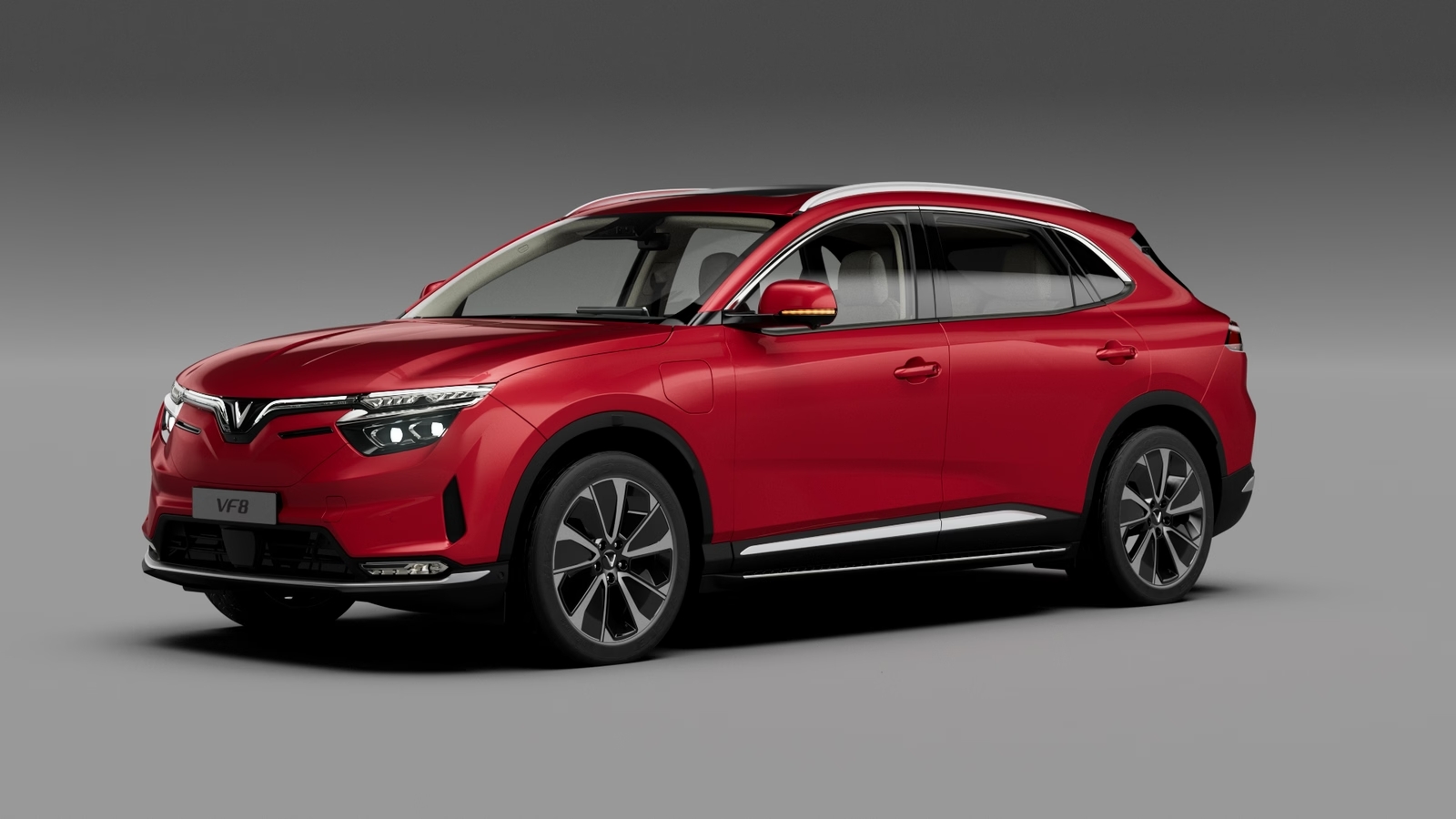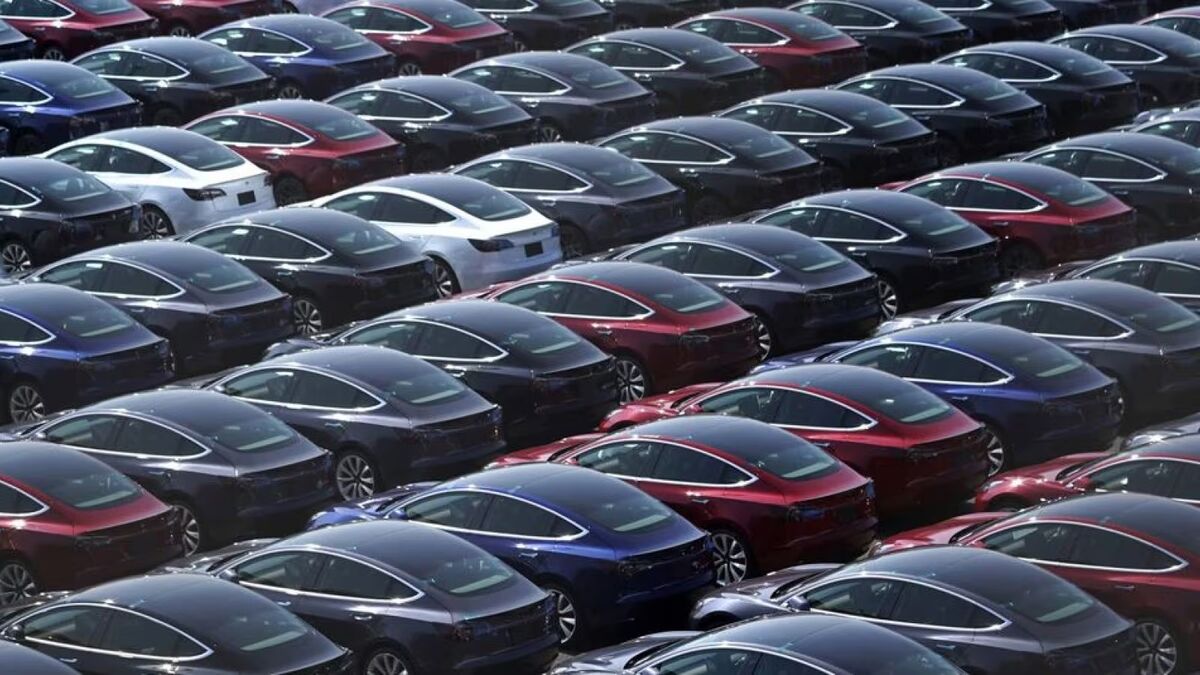
Related: America Splits Into Thirds on Electric Cars
Appearing in next month’s edition of the journal Transportation Research, the study tracked more than 4,000 drivers from 2015 through 2019 to see what their next new car purchase was after they bought either an electric vehicle (EV) or a plug-in hybrid (PHEV).
Plug-in hybrids are cars that blend EV and gas-powered technologies, using battery power for shorter trips and gasoline for longer trips. Most have an all-electric range between 25 and 35 miles.
Related: Electric Cars, Hybrids, and Plug-in Hybrids Explained
EV Owners Tend To Stick With EVs
Researchers found that EV buyers tended to stay electric — 63.3% bought another EV. About a quarter — 26.3% — went back to a gas-powered car. Just 10.4% switched to a PHEV.
Those who owned an EV with shorter range were more likely to switch to a PHEV.
As automakers build longer-range EVs, that trend may fade. Study authors note, “In 2023, most BEVs [battery electric vehicles] have ranges of more than 250 miles,” while respondents gave up BEVs with an average range of 122 miles. “This may result in fewer adopters of BEVs choosing a PHEV and more choosing to replace their original BEV with a newer BEV.”
PHEVs Not Often a Bridge to Electric Cars
PHEV owners were more evenly divided.
Some analysts have predicted that PHEVs could serve as a bridge to EVs, convincing drivers to go electric with their next car purchase. Researchers found that that happened 33.6% of the time. More PHEV owners — 37.9% — bought another plug-in. About a quarter — 28.5% — went back to a gas-powered car.
Related: Study — America’s Divide on EVs Grows
Infrastructure drove many decisions. PHEV owners were likelier to switch to a pure EV if they had access to a Level 2 charger at home (a faster type of charger that uses a 240-volt home connection). Unsurprisingly, that meant continued EV ownership “is correlated to owning a home.”







